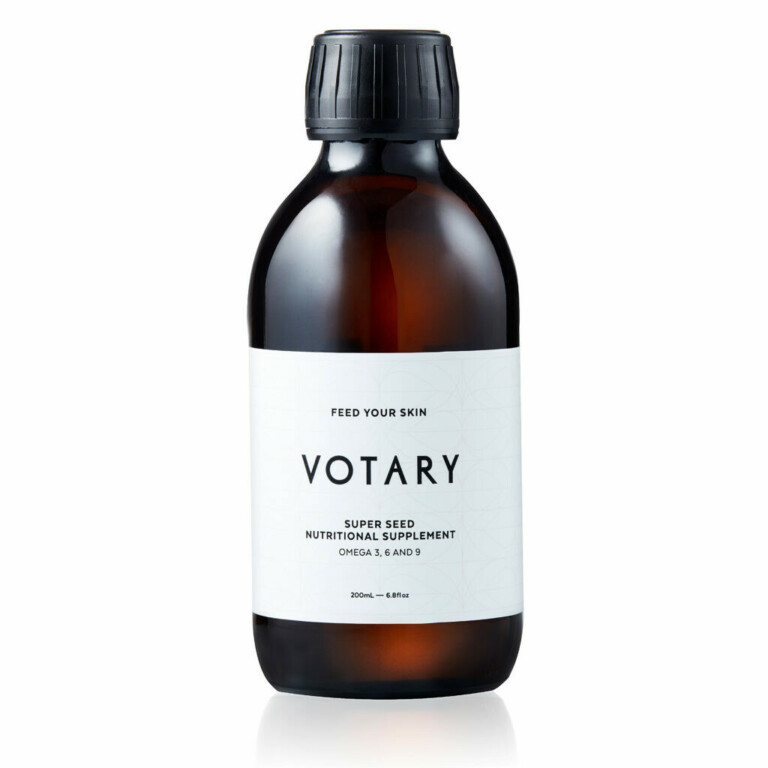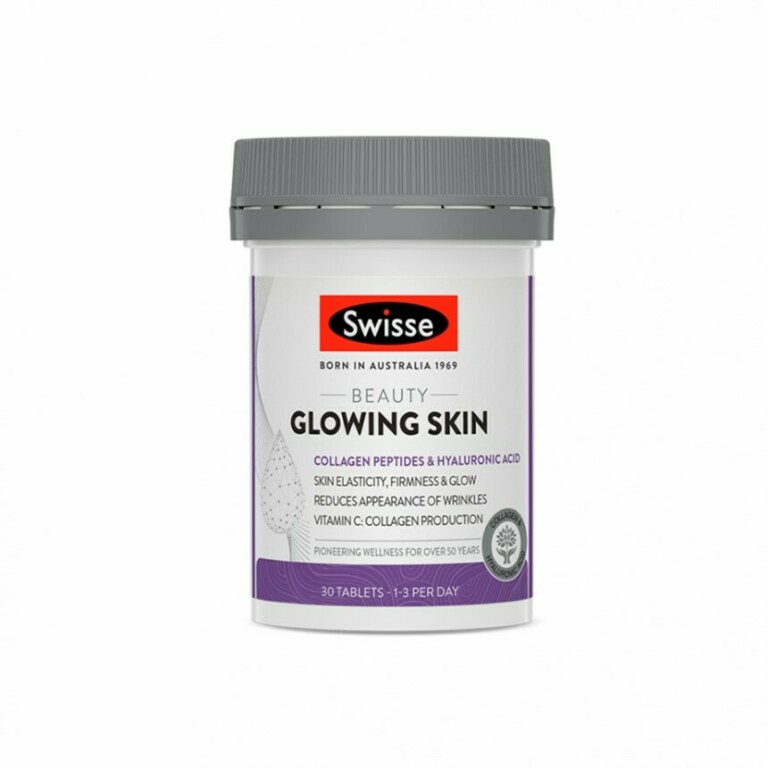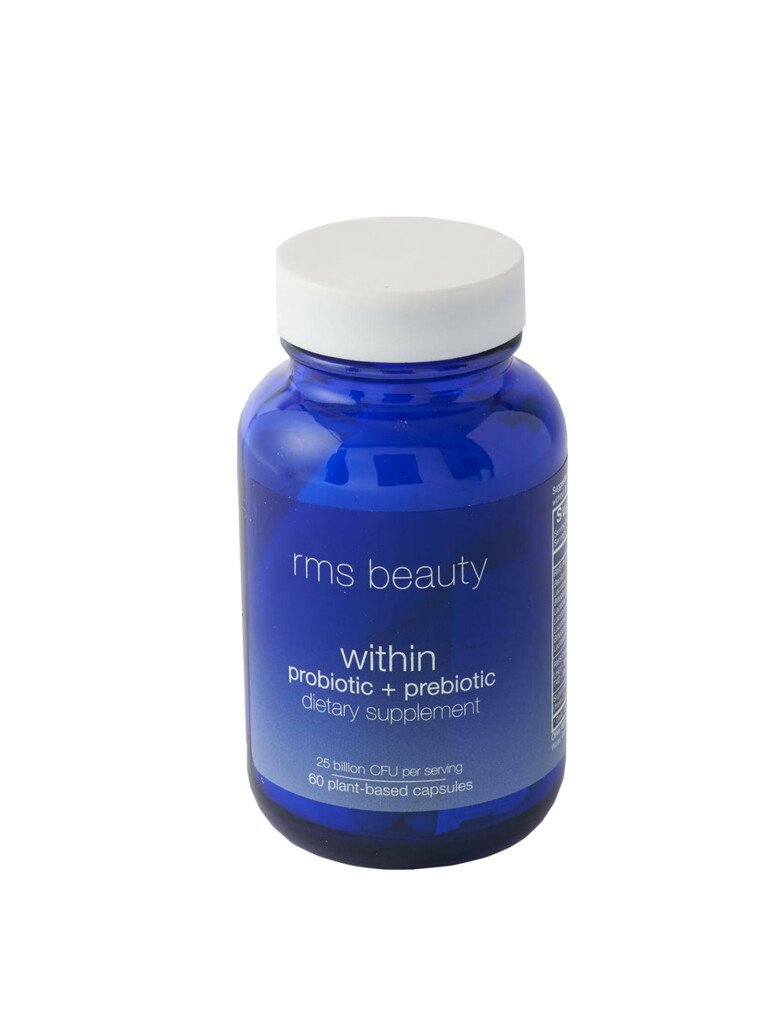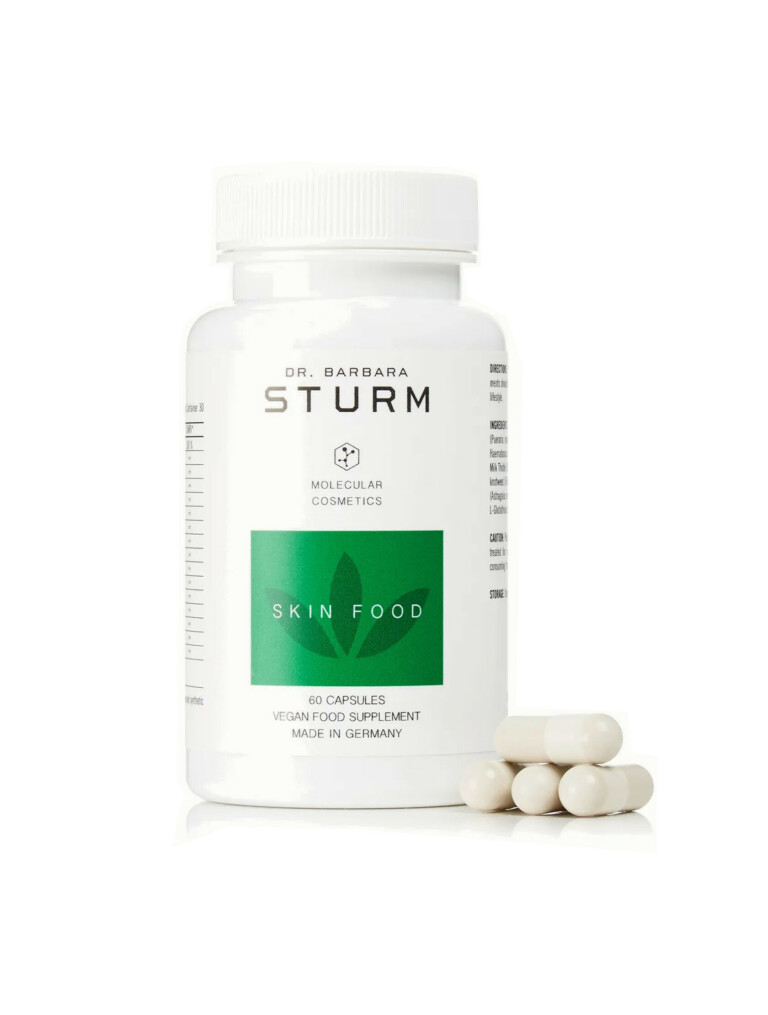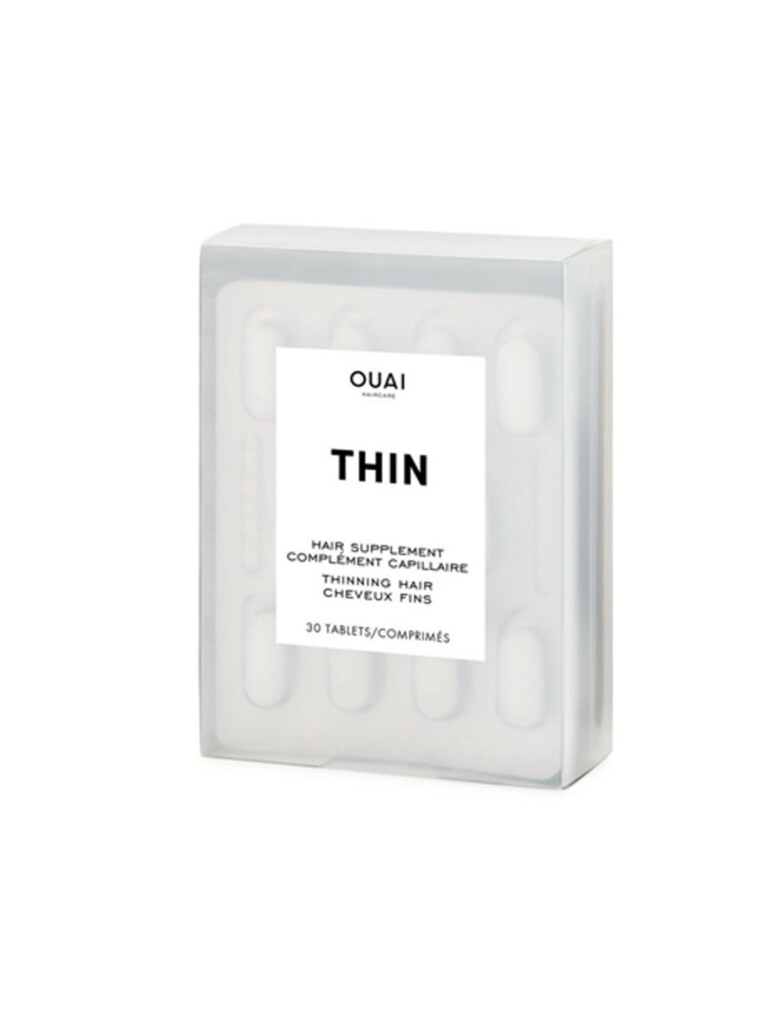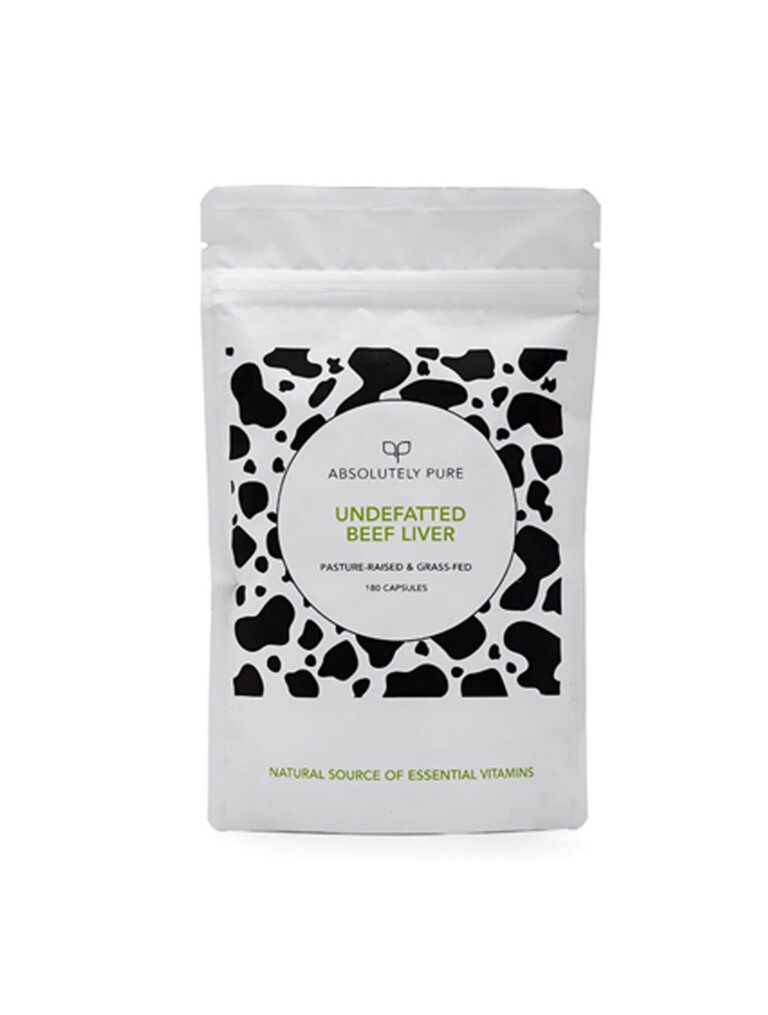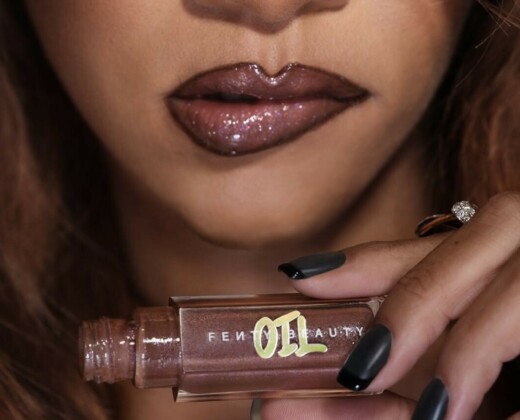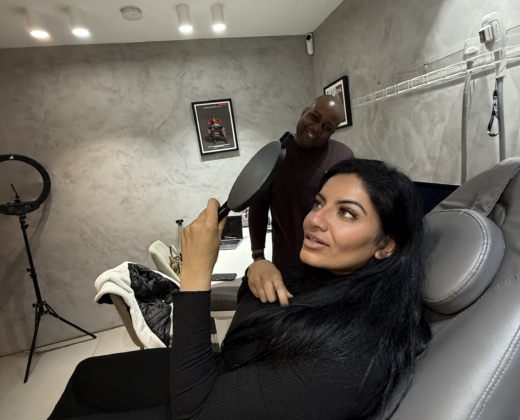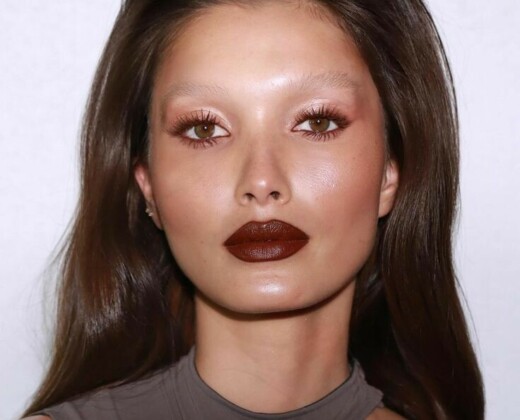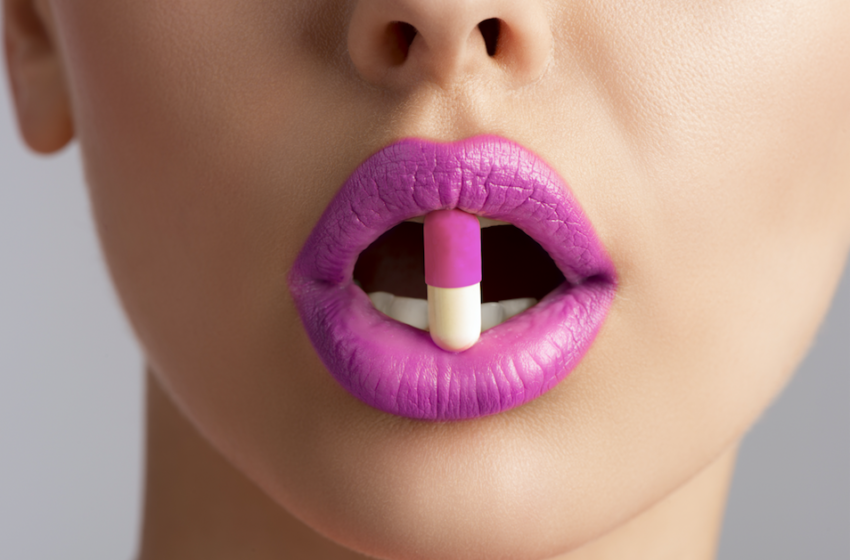
The overwhelming demand for flawless complexions, strong nails, and hair-commercial-worthy locks have only increased with the rise of social media and the ever-growing microscope under which we scrutinize—and between hair masks, nail strengtheners, and rigorous skincare routines, there’s really nothing that we wouldn’t try in order to meet our ever-rising beauty standards. But with all our modern concoctions at hand, are we doing it right? Studies have shown that a meagre 20% of topical treatments address our outward appearance, while the other 80% is directly altered by what we consume and surround ourselves with—pollution, stress, unfiltered UV rays, and a marginally unhealthy modern diet.
Now, assuming that many of us aren’t getting the required nutrients from diet alone, supplements are an excellent way to top up our vitamin intake and ensure that we’re running on optimum health. And we’re no strangers to the beauty multivitamin—in fact, studies have shown that we’re now investing more in supplements than in topical skin care—but in this oversaturated market, how do we identify the ones that actually work? And more importantly, how do we know which ones are right for us?
Within the beauty community, buzzwords such as ‘collagen,’ ‘hyaluronic acid,’ and ‘retinol’ have been cropping up left, right, and centre, and we may know them from surface treatments but actually, the benefits go a lot deeper than that. With the right synergy of ingredients, we can boost the humble lone vitamin to new heights, improving our health in more ways than one.
Take collagen for example, the most abundant protein found in our bodies and responsible for giving our skin elasticity and volume—the literal building blocks and ‘glue’ that holds everything together. Although we naturally produce this clever amino acid, as we age, it depletes and lessens in quality, resulting in the appearance (and feeling) of aging. To naturally boost our collagen levels, dermatologists recommend a blend of vitamin C and MSM, short for methylsulfonylmethane; a natural form of organic sulfur and an essential component in the production of both collagen and keratin. With this blend, you can expect stressed skin to be calmed, whether that be acne, eczema, or psoriasis, and an improvement in skin elasticity for fine lines and wrinkles.
Vitamin C and vitamin E also pack a punch in the anti-aging game, with the duo making for a powerful antioxidant that fights against free radicals caused by environmental aggressors, offering us protection against premature aging whilst repairing the damage that’s already been done. Because of this, Vitamin C has been dubbed the ‘glow’ vitamin and we can’t get enough of it. While chews and tablets are convenient, a powdered version may be easier on the stomach for those who need a calmer dosage.
While we’re on the subject of our tummies, let’s not forget about keeping our gut microflora in check with the help of probiotics, as an imbalance in gut bacteria can lead to loss of hydration, inflammation, and dullness—most often resulting in acne flare ups and premature aging.
Vitamin A has had our attention for a while now too. Most commonly known as retinol, it works by strengthening the protective function of the epidermis, stimulating cell turnover, and protecting our beloved collagen from depleting. Most celebrated for its acne fighting skills, vitamin A can be strengthened by the immune boosting zinc, a fast working mineral that efficiently heals wounds of the skin, including acne, while accelerating the healing process.
Topical retinol may be too aggressive for some skin types, but the drinkable version is just as effective at replenishing the skin as the serum, with health experts recommending to start off with small doses of both zinc and vitamin A, but to avoid altogether when breastfeeding.
Still having acne issues? Try upping your daily dosage of vitamin D, and we don’t mean by sizzling in the sun either. Slap on your SPF and head on over to your local GP to assess whether the dryness and acne flare-ups you’re experiencing is a vitamin deficiency.
To further support hydration and the skin barrier function, omega 3 fatty acids will ensure that you’re hydrated from the inside out by releasing a wave of antioxidants and a myriad of amino acids into the system. Dermatologists rave about glutathione, composed of three amino acids—glutamine, glycine, and cysteine—praised most for aiding in hormonal balance and cell membrane support. To hone in on your hydration, a Vitamin B-complex may be what the doctor’s ordered—with eight variations of vitamin B included, you can expect a reduction in moisture loss, soothing of irritated skin, and an improvement in skin texture and tone.
Vitamin B3, also known as niacinamide, is especially skilled at reducing pore size, dark circles, and pigmentation, while vitamin B5, also known as pantothenic acid, expertly keeps skin smooth and soft. By adding iron into the mix, not only will your skin be thanking you, but through the promotion of keratin—an essential protein to combat brittle nails and hair loss—your hair and nails will be too.
However, before we all jump the gun and grab every beauty supplement under the sun, visit your local GP before introducing new supplements to your diet, check for any current deficiencies, and discuss any further recommendations based on your own personal healthcare needs.
While your GP can point you in the right direction, when selecting your own supplements, find a reputable company that works only with 100% natural, quality ingredients that steer clear from fillers, binders, and artificial colours. We’re trusting the experts on this, and we hope you do too.
Words by Vinona Baines, Graphics by Victoria Zhao


